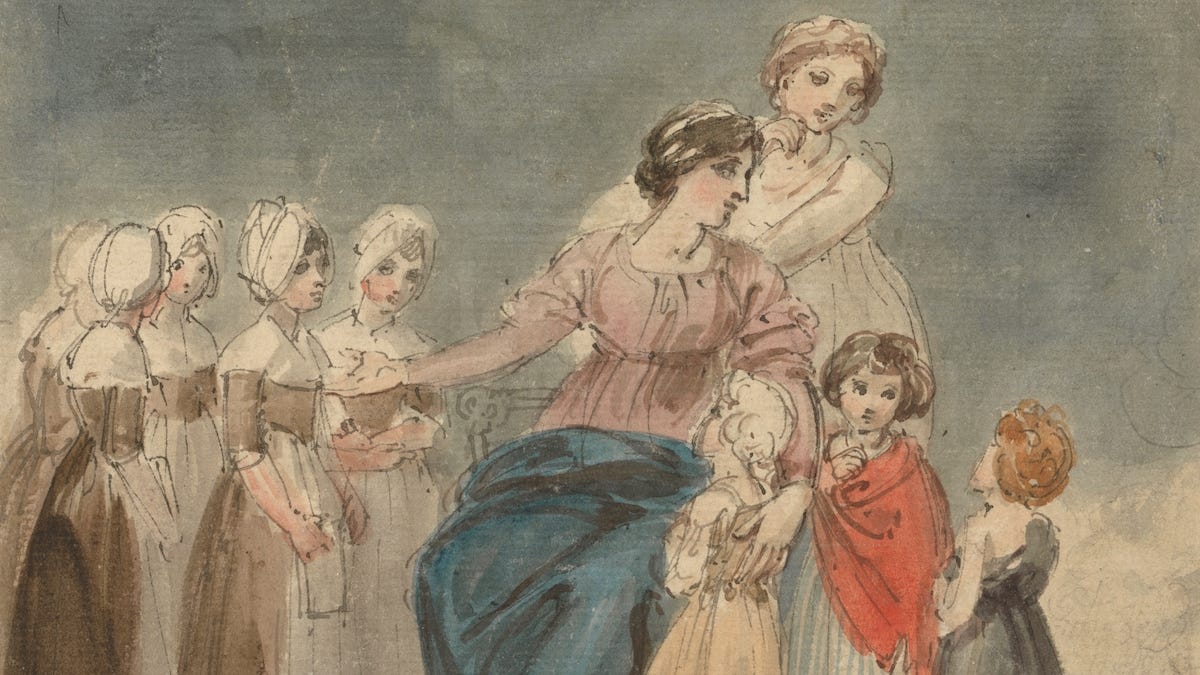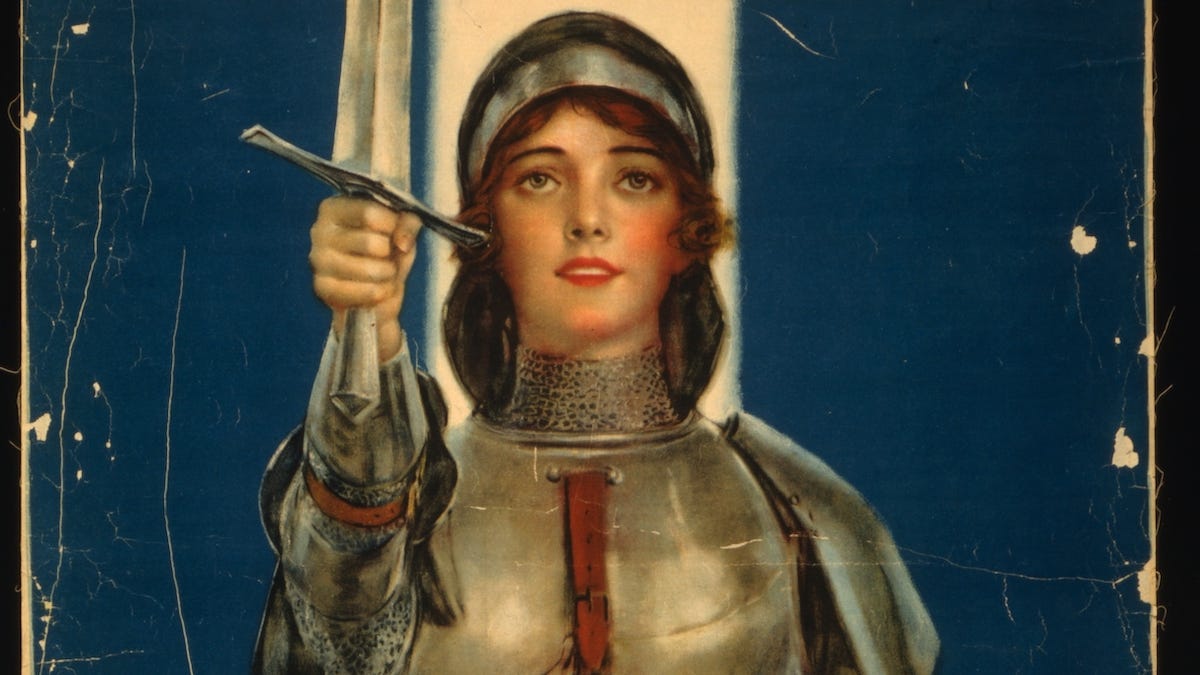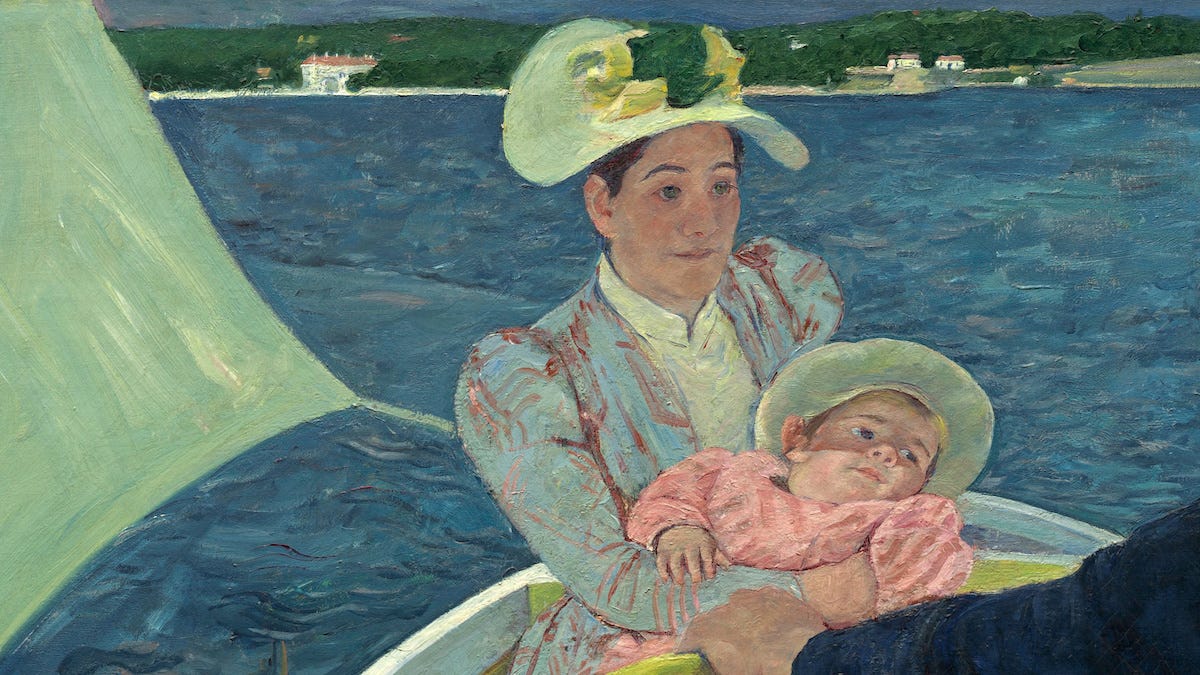The Ones Who Fought Back
Fighting the Root Causes of Abortion
In this week's FD original, historian Caleb Morell reviews Monica Klem and Madeleine McDowell's recently published Pity for Evil: Suffrage, Abortion, and Women's Empowerment in Reconstruction America. This academic treatment of nineteenth-century American feminists shows how their opposition to abortion went hand-in-hand with their advocacy for women's social, legal and political elevation.

Fairer Disputations
The Ones Who Fought Back: Pro-Life Feminism in the Nineteenth Century
CALEB MORELL
As Klem and McDowell’s scholarship demonstrates, rising rates of abortion and infanticide in the nineteenth century prompted doctors to address it as a women’s issue. Doctors like Meredith Reese and William Sanger viewed women who had abortions as victims, not perpetrators, and thus spoke of women who “suffered abortion.” That a woman would voluntarily undergo an abortion was unthinkable to these social reformers. They thus focused on the social problems—economic conditions, industrialization, declining marriage rates—that resulted in abortions. They knew that creating safe homes and state-run hospitals for unmarried mothers was more conducive to protecting infants from abortion than putting women in jail. The Revolution’s articles on abortion demonstrate the concrete ways in which feminists of this era advocated for women’s economic, marital, and political rights, while unabashedly opposing abortion.
This Week's Links:
First, Dan Hitchens explores attempts to make Joan of Arc into a "founding mother, or father, of trans identity." Understanding the historical Joan of Arc—and non-binary and transgender interpretations of her—can highlight a contradiction that lies at the heart of attempts to justify transgender identity.
Hitchens relies in his analysis on featured author Abigail Favale, who also published a fascinating new piece on gender.

First Things
Joan of Arc, Gender Theorist
DAN HITCHENS
After the shelling of a civilian area in the Vietnam War, an American major famously told a journalist that it had become “necessary to destroy the town to save it.” Something similar has happened with the trans rights movement. To defend trans identity from the fatal question—“What is a woman?”—they have had to destroy the idea of womanhood, until all that is left are cultural signifiers.
One can sympathize with trans advocates when they argue that prevailing gender norms are often stifling and even oppressive; but their proposed solution turns out to be another version of the same problem. What we need, it appears, is a theory that is founded in material reality but that offers the possibility of adventure and creativity beyond the narrow bounds of contemporary stereotypes.
Enter St. Joan of Arc, gender theorist.
Our next link is to a poignant video, "The Lost Boys," which tells the stories of several young men who sought to change their sex—and then saw their mistake. Featured Author Jennifer Lahl directed and produced this moving film, which allows detransitioners to speak for themselves.

The Lost Boys: Searching for Manhood
Finally, Nina Welsch points out that sex-realist feminists find some of their most strident opponents in other women—and to expect otherwise would be to misunderstand human nature.

The Critic
NINA WELSCH
When I broach this with old-school radical feminists, I’m often told that these women are suffering from “internalised misogyny”. Honestly, I find this apologist nonsense. The more obvious and straightforward reason these cosseted, high-status women shit on their freethinking female colleagues is because there is little to no professional incentive in elite, left-leaning sectors to behave otherwise. For women who gain financially or professionally from EDI programmes or having intersectional feminist personas, ejecting freethinking, outspoken women with views and data that problematise their very lucrative agenda is not just acceptable but a necessity. Feminism is the radical belief that women are people. People are selfish and pragmatic — and women are nothing if not pragmatic.
It is feminism’s best and worst kept secret that women bully and dehumanise other women as much as men do.

College Reading Groups
Are you a college student? We're seeking leaders for our new on-campus reading groups. Participants will get free books and an opportunity to participate in exclusive zoom conversations with some of our most popular authors—starting with Louise Perry, author of The Case Against the Sexual Revolution. So far, we've got leaders at Harvard, Oxford, Hillsdale, Notre Dame, Boston College, Villanova, and the University of Dallas. To learn how to start a group on your campus, or if you'd like to be put in contact with one of our existing groups, reach out to Nicole at info@fairerdisputations.org.

Save the Date
On Friday, February 16 at 4:30pm, Pity for Evil co-author Monica Klem will join FD Featured Author (and 2023-24 Wollstonecraft Fellow) Leah Libresco Sargeant at Harvard to discuss "Pro-Life Feminism Then and Now: Women's Advocacy for the Vulnerable from the 19th Century to Today." More info to come here.
Write for Us
Fairer Disputations happily accepts pitches and submissions for publication on our site. Email us at submissions@fairerdisputations.org.




